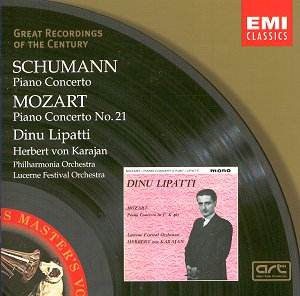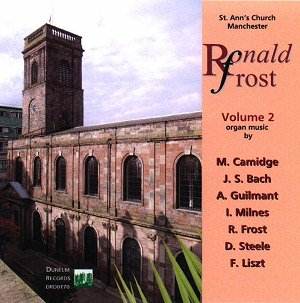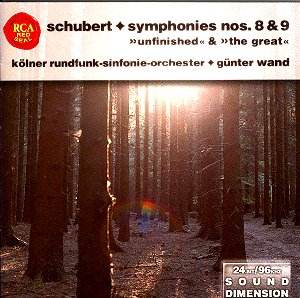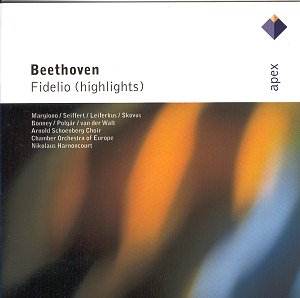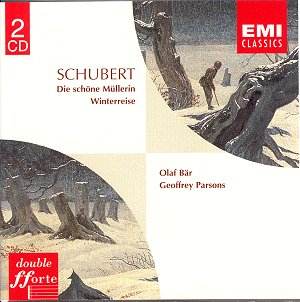 Composer: Franz Schubert
Composer: Franz Schubert
Works: Die schöne Müllerin, Winterreise
Performers: Olaf Bär, baritone; Geoffrey Parsons, piano
Recording: June 1986, Lukaskirche, Dresden; December 1988, Abbey Road, London
Label: EMI
Franz Schubert’s lieder, particularly the cycles Die schöne Müllerin and Winterreise, occupy a pivotal place in the canon of Romantic music, encapsulating the complexities of human emotion through the lens of nature and personal introspection. Composed in the early 19th century, these works reflect Schubert’s innovative approach to song, where the interplay between voice and piano creates a dynamic narrative that explores themes of longing, despair, and transcendence. This re-release of Olaf Bär’s interpretations, accompanied by Geoffrey Parsons, offers a compelling exploration of these masterpieces, highlighting both the lyrical beauty and emotional depth inherent in Schubert’s writing.
Bär’s voice possesses a lightness and flexibility that allows him to navigate the youthful exuberance of Die schöne Müllerin with remarkable skill. His interpretation resonates with a certain naïveté, particularly evident in “Das Wandern,” where the buoyancy of his tone mirrors the carefree spirit of the text. However, it is in “Am Feierabend” that Bär reveals his capacity for profound expression; the juxtaposition of lightness and darker introspection is handled with finesse, showcasing his ability to shift between contrasting emotional states. The culmination of the cycle, “Des Baches Wiegenlied,” is delivered with an unforgettable melancholy, where Bär’s clear, lyrical tone intertwines seamlessly with Parsons’ piano, creating a moment of exquisite beauty that lingers long after the final note.
Transitioning to Winterreise, Bär adopts a noticeably darker timbre, suggesting a shift not only in mood but in character. This cycle, steeped in themes of angst and existential reflection, sees Bär employing a wider emotional palette, as demonstrated in “Gute Nacht.” The nuanced key shifts from D minor to D major serve as a showcase for Bär’s vocal flexibility, with each tonal change marking a distinct emotional shift. His slower tempi may diverge from more conventional interpretations, yet they serve to deepen the listener’s engagement with the music, allowing for a more contemplative experience. Notably, “Der stürmische Morgen” captures the tempestuous spirit of the text, while “Der Leiermann” embodies the cycle’s culmination of despair, delivered with a raw intensity that underscores the pathos of Schubert’s vision.
The sound quality of this recording merits commendation, with EMI’s engineering providing clarity and balance that allows Bär’s voice to shine against Parsons’ sensitive accompaniment. The piano’s tonal richness complements the vocal line without overshadowing it, creating a harmonious dialogue that is essential to the interpretation of Schubert’s lieder. Compared to other notable recordings, Bär’s performances stand out for their blend of technical finesse and emotional depth, though they may lack the dramatic heft found in interpretations by singers like Dietrich Fischer-Dieskau.
This release offers a deeply rewarding listening experience that captures the essence of Schubert’s artistry through the lens of two outstanding performers. Olaf Bär emerges as a significant interpreter of Schubert’s song cycles, demonstrating a unique ability to balance youthful exuberance with profound emotional insight. His partnership with Geoffrey Parsons results in a compelling interplay that elevates these iconic works, making this recording an essential addition to the collection of any Schubert aficionado or lover of lieder. The artistry displayed within these performances warrants greater recognition for Bär as a leading baritone of his generation.
